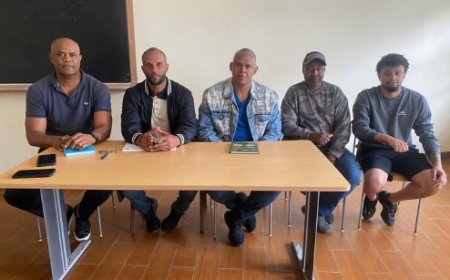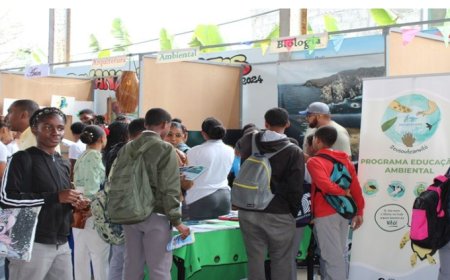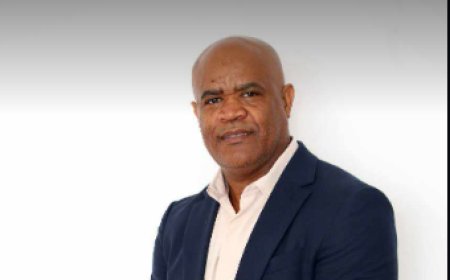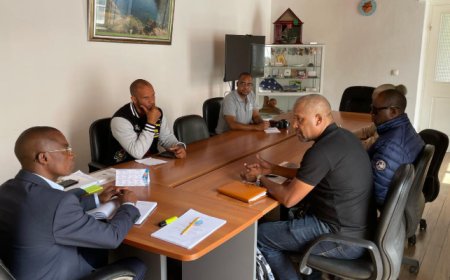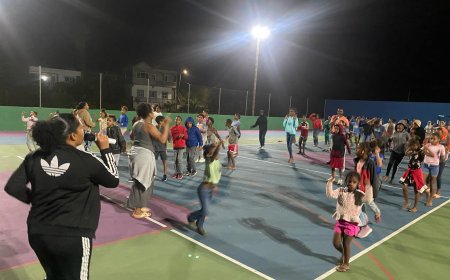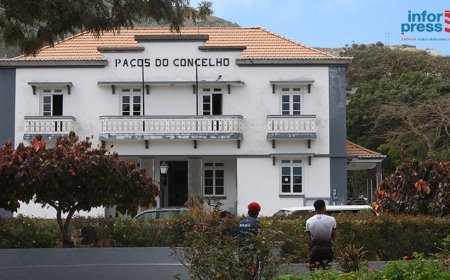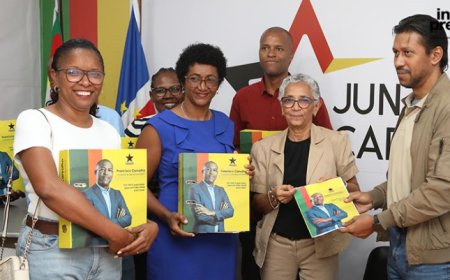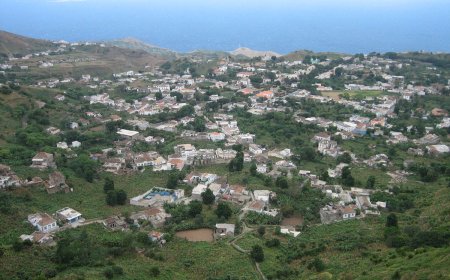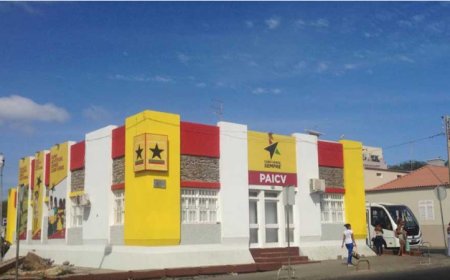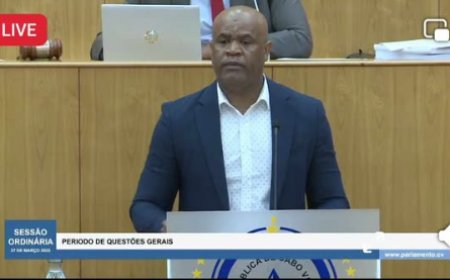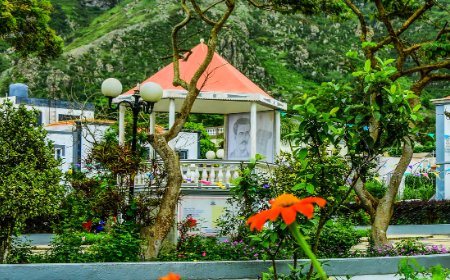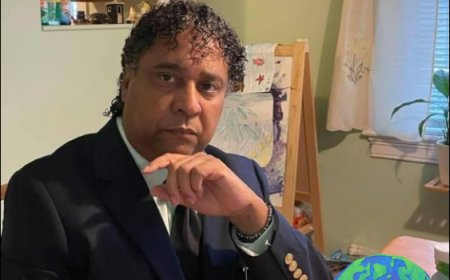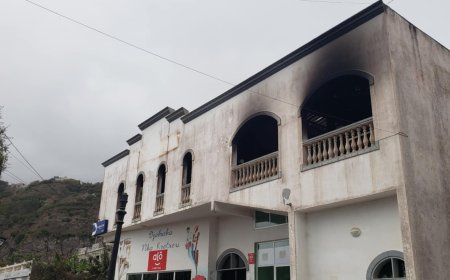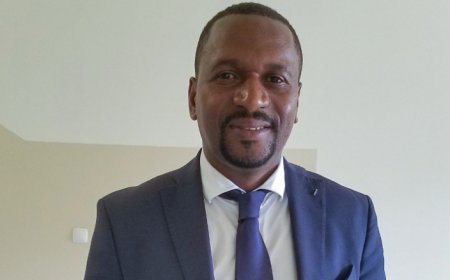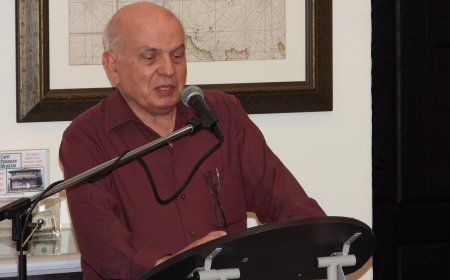The reality behind the promises, analysis of the situation on Brava Island
Nova Sintra, 21 September 2024 (Bravanews) - In recent times, the island of Brava has been the target of a series of controversial information, often presented as absolute truths. Among the promises made by political figures, such as Francisco Tavares, there are ambitious projects that aim to transform the island's infrastructure and services. However, it is essential to examine the veracity of this information and the reality on the ground.
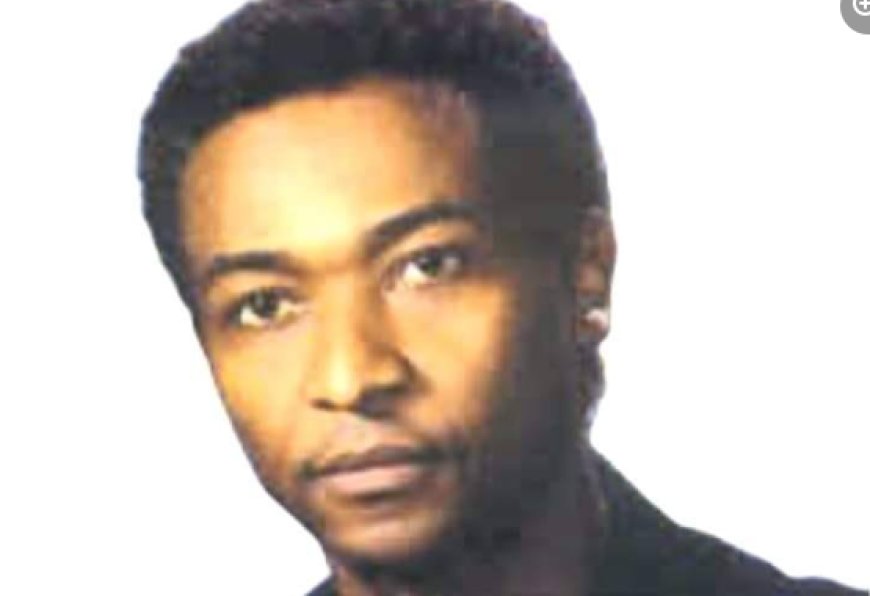
One of the hotly debated topics in 2020 was the construction of an airport on Brava. For years, there has been talk of the need for an airport to improve accessibility to the island. However, the reality is that promises about the construction of the airport have run into technical obstacles, with a costly study concluding that it would not be possible. To this day, the population continues to depend on maritime connections, which are not always reliable.
Now, by 2024, the Faja D'Agua to Palhal road is one of the most ambitious promises. While some improvements have been made to the Nova Sintra/Faja D'Agua road, many areas still lack proper maintenance. Progress has been slow, and locals and beyond have expressed their frustrations about the quality of the road, which affects transportation and access to essential services. Expectations of modern infrastructure and an alternative route are unlikely to be met.
Another project that is often mentioned is the development of a resort on the island. The idea is to attract tourists and, in turn, boost the local economy. However, the reality is that such projects face significant challenges, including environmental concerns and the need to ensure that the economic benefits reach the local population. Building a resort may bring temporary jobs, but the long-term sustainability and true impact on the community remain up for debate.
Health is one of the most critical topics. The announcement of a new hospital has generated hope, but also skepticism. The citizens of Brava have been waiting for improvements in the health system, which is often insufficient to meet the needs of the population. The promise of a new hospital, a megalomaniac project costing a mere $2 million, is a positive step, but the reality is that there are still significant gaps in the existing health services, and disbelief in the effectiveness of the announced project is great.
The relationship between political promises and reality can be complex. Francisco Tavares, like other politicians, has sought to garner votes through promises that often fail to materialize. The campaign around the construction of a health center on the Faja D'Água Palhal road is an example of this. Although the construction of health centers is a pressing need, actual implementation is often delayed.
The situation in Brava exemplifies a common pattern in many regions: promises made during election periods that often fail to translate into concrete actions. For Brava to truly move forward, it is essential that political leaders commit to a viable and sustainable action plan that not only promotes infrastructure, but also meets the needs of the population.
Community awareness is essential to ensure that citizens’ voices are heard and that promises made are kept. Brava’s future depends not only on promises, but on the ability of its leaders to turn those promises into reality, bringing true development and well-being for all.
Pine Jack






